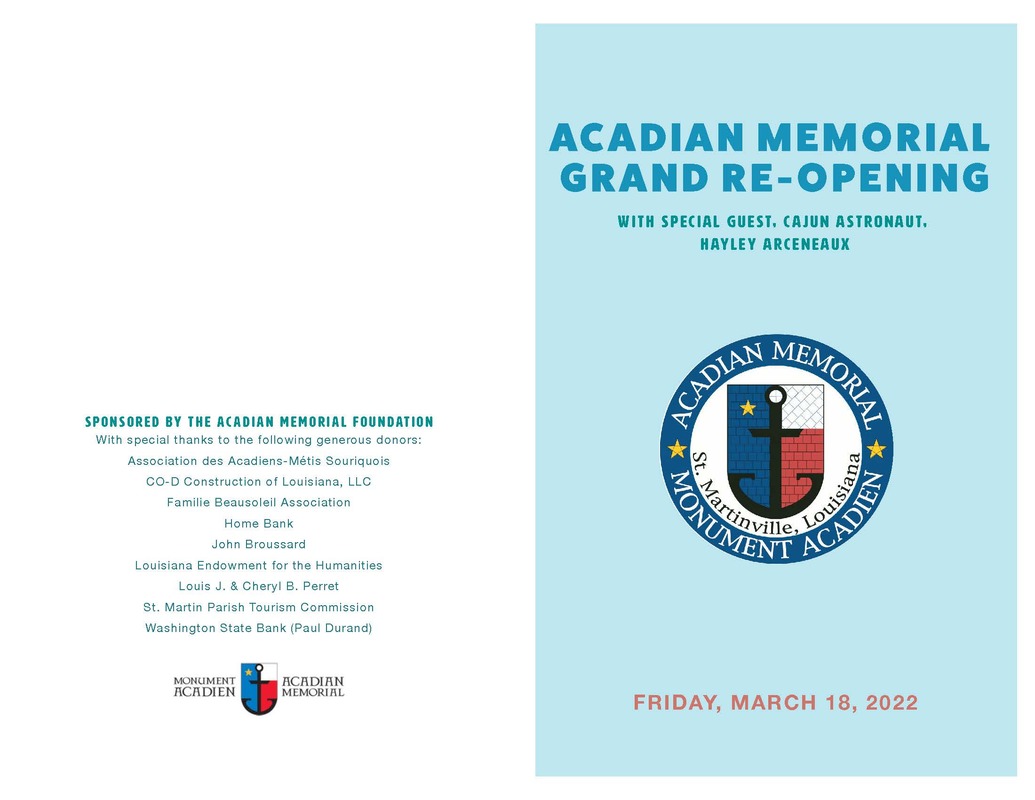|
You can't miss a day in this business. Look at the shift in haplogroups that occured over time! Oh, golly! More articles like this one PLEASE! Kennett, D.J., Lipson, M., Prufer, K.M. et al. South-to-north migration preceded the advent of intensive farming in the Maya region. Nat Commun 13, 1530 (2022). https://www.nature.com/articles/s41467-022-29158-y
The article, published in Nature, explores how the composition of modern populations, as reflected in mitochondrial DNA haplogroup assessments, may not always reflect the make-up of ancient peoples of given area. This article offers the answers as to how a "shift" in a genetic landscape may come about. See what is said about the "A2" and "C1c" mitochondrial DNA (mtDNA) haplogroups in particular. We have those same mtDNA haplogroups in our Acadian Amerindian Ancestry DNA and A2 mtDNA haplogroup projects. The article cited is "open access." Please feel free to download it in PDF format and share it! Venez nous joindre! Come and meet us! Join us in celebrating the long-awaited reopening of the Acadian Memorial & Cultural Center Museums with special guest Cajun Astronaut Hayley Arceneaux from 5 pm to 8 pm on Friday, March 18, 2022. All are welcome.
For more info, visit: Acadian Memorial News and Events. The article, "Acadian Historical Sites: Pennsylvania & New Jersey," ... by R. Martin (Marty) Guidry, which appears in Les Guédry et Petitpas d’Asteur"Generations." 2022, Volume 20, Issue 1, has been shared with "Travel by Ancestry" courtesy, the author. Click here to read Marty's marvelous newsletter and find out what happens to the Pennsylvania Acadian exiles, and the ships that brought them, following their forced deportation from Nova Scotia. "We continue our series on historical sites of Acadian significance in various U. S. states and Canadian provinces. In this issue we highlight those historical sites in Pennsylvania and New Jersey. The colony of Pennsylvania received approximately 454 Acadians on three ships from the Grand‐Pré and Pisiguit areas. Two additional ships left Acadia from the Chignecto area for Pennsylvania, but there is no record of them arriving. They likely sank on the trip to Pennsylvania. No Acadians were deported to New Jersey; however, several Acadian families migrated from Pennsylvania to New Jersey in the late 1750s and the 1760’s.
"For all Acadians deported by the British, the experience was both traumatic and inhumane. The Acadian men and boys were locked up while the women, girls and small children were left at the homes to harvest the crops and provide food their imprisoned husbands and boys. When the Acadians were loaded onto the ships, they could bring none of their property except very small items as money and perhaps minimal clothes. The British were supposed to put no more than two Acadians per ship ton into the vessels; however, this was almost always violated and often 20‐40 Acadians in excess of this limit were loaded. The Acadians were packed into the dark, lower deck of the ships with no beds or sleeping areas, no access to fresh air, no toilet accommodations and little light. Occasionally, a few (5 or 6) Acadians would be allowed on the main deck for a few minutes to get fresh air. The Acadians were given bad water and little food during the voyage. For a people that were primarily farmers, being on a rolling ship in the ocean was devastating with much sickness – seasickness, diarrhea and other diseases as smallpox which spread quickly among the overcrowded Acadians. "Additionally, for the Pennsylvania Acadians deported in late October 1755, shortly after the ships entered the Atlantic Ocean, they were struck by a very strong gale – likely a hurricane – which compounded the already exacerbating conditions on board. Some Acadians died on this treacherous voyage. Two ships destined for Pennsylvania never arrived nor are there any available records that they reached another colony. These two ships and their human cargo of almost 500 Acadians likely sank with all onboard drowning." Click here to find out what happens to the Acadians in the rest of this harrowing story. Note from the author: In the article on Pennsylvania the original Acadian records from the St. Joseph Catholic Church are at the Francis A. Drexel Library at Saint Joseph's University in Philadelphia (5600 City Avenue). In the section on Research Facilities, the address is correct, but added the term Drexel University which is a separate school a few blocks away. |
Archives
June 2025
Categories
All
|
DNA-Genealogy-History.com Site Index:
Copyright 2025 Marie Rundquist., DNA Genealogy History, LLC
DNA Genealogy History, LLC is a registered S Corporation with the State of Virginia and the Federal Government since 2017, is a retailer and distributor of books and digital publications, and is certified, authorized and empowered to collect Sales and Use Tax for the Commonwealth of Virginia.
E-Mail Your Comments to [email protected]
This website is not intended for users located within the European Economic Area.
DNA Genealogy History, LLC is a registered S Corporation with the State of Virginia and the Federal Government since 2017, is a retailer and distributor of books and digital publications, and is certified, authorized and empowered to collect Sales and Use Tax for the Commonwealth of Virginia.
E-Mail Your Comments to [email protected]
This website is not intended for users located within the European Economic Area.






 RSS Feed
RSS Feed
